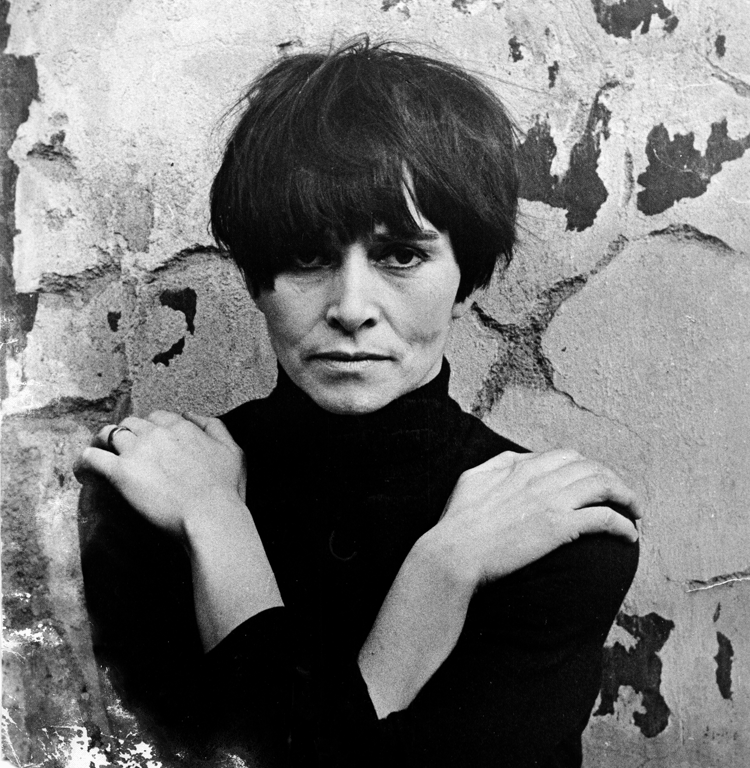Intervju
Homage to Vera Chytilova (1929-2014)

| "I consider an argument in the form of a discussion, and even raising a bit of hell to be part of being a normal person," ~ Vera Chytilova.
Vera Chytilova died in Prague in March 2014 after suffering from an undisclosed illness for some years. Despite being 85 years of age, it still came as surprise that she had gone, as it seems such larger than life and resonant directors like her would be around forever. She always had plenty to say and made this clearly evident through her films, while tirelessly putting the world to rights on and off set. Though she had not made a new film since the tragicomic Hezké chvilky bez záruky (Pleasant Moments, 2006), her career didn't seem to reach full stop and there was still the hope or anticipation of something new. The many films made by this enfant terrible of Czech cinema were rich with satire, detachment, criticism, philosophizing and provocation. They graphically portrayed the state of society during socialism and also after the Velvet Revolution, usually focusing on interpersonal relationships, with much humor omnipresent. Later in her career, Chytilova made as many documentaries as she did fiction films and received equal critical appraisal for both forms. Verz Chytilová, to spell her name correctly in Czech, was born in Ostrava, Czechoslovakia on 2nd February 1929. |
She initially studied architecture in Brno, worked as a draftswoman and fashion model where she was noticed by screenwriter Jirí Brdecka. She began to work at the Barrandov Studios as a clapper, script girl and assistant director before studying at the now world famous FAMU (the Film Faculty of the Academy of Music and Dramatic Arts) in Prague from 1957-62. Her commitment to experimenting was already apparent in her student films, and her graduation film, Strop (Ceiling, 1962), the study of a fashion model (something she knew well), was a defiant mixture of cinéma-vérité and formalism. This approach was further evident in her first feature, O necem jiném (Something Different, 1963), which foretold the parallel stories of a woman gymnast, and a housewife, the first as documentary, the second as fiction. The film received an award at the festival in Mannheim, Germany.
In 1965, with her former classmates from FAMU – Jirí Menzel, Evald Schorm, Jaromil Jireš and Jan Nemec – she shot the episodic film Pearls of the Deep, an adaptation of several Hrabal short stories. In what became known worldwide as the Czech New Wave, many directors in Czechoslovakia emerged at the same time which also included Milos Forman, Vojtech Jasny and Elmar Klos. Vera Chytilová conspicuously stood out as the only female in this non official group. |

